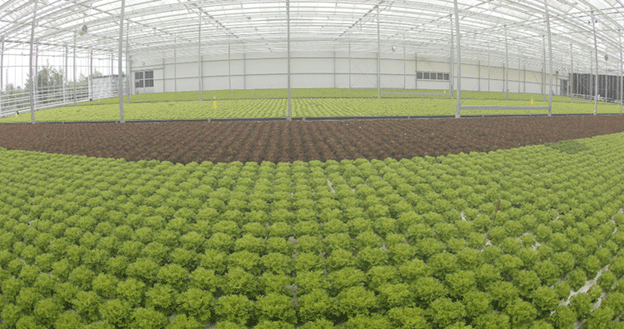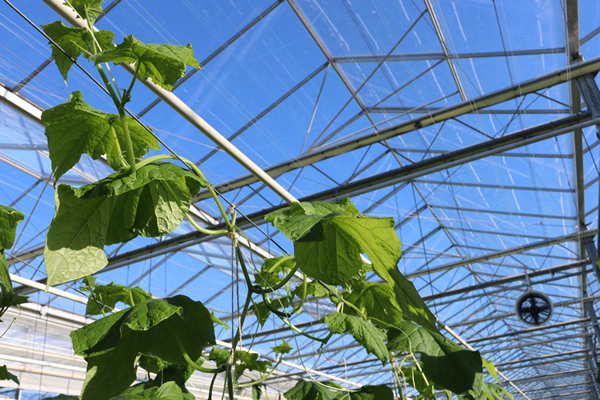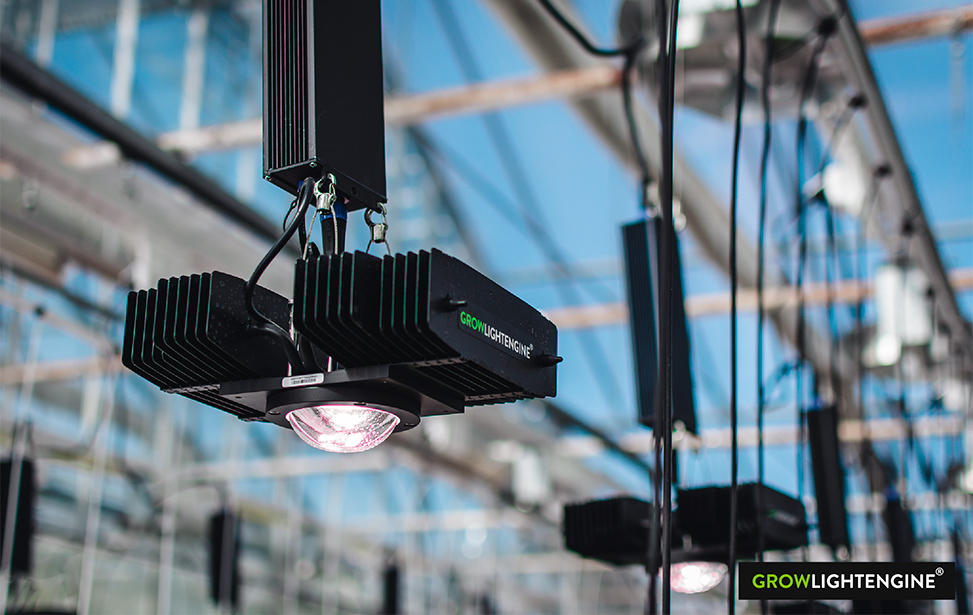In a bid to enhance food security and reduce reliance on imported vegetables, Georgia has launched a new initiative to support greenhouse farming across the country. The “Georgian Vegetables from Greenhouses” program, spearheaded by the Ministry of Environmental Protection and Agriculture, is backed by ₾25 million ($9.28 million) in state co-financing. The program’s primary goal is to promote the production of one-year agricultural crops using modern, climate-smart technologies. By increasing greenhouse capacity, particularly during the off-season, the program aims to boost both domestic production and the export potential of Georgian vegetables.
The program offers a unique financial structure designed to make greenhouse farming accessible to a broader range of potential farmers. Beneficiaries can access combined financing in the form of both grants and loans, with the government covering the full interest rate of the credit issued by commercial banks. The credit amounts range from ₾50,000 ($18,554) to ₾1 million ($371,089), with grant funding capped at 30% of the loan amount. However, the total financing is limited to 50% of the loan, with grants issued only after beneficiaries meet their obligations.
The significance of this program lies in its potential to reduce Georgia’s dependence on imported horticultural and vegetable crops. By fostering local greenhouse production, the initiative aims to create a robust domestic supply of fresh produce, even during the off-season. This not only improves food security but also offers opportunities for export growth, especially as Georgian greenhouse products gain traction in international markets.
Moreover, the emphasis on modern, climate-smart technologies aligns with global trends toward sustainable farming. Climate-smart agriculture focuses on reducing greenhouse gas emissions, improving water use efficiency, and increasing resilience to climate change, all of which are essential for the long-term sustainability of agriculture in Georgia. By incorporating these technologies, greenhouse farmers can increase yields while minimizing their environmental footprint.
In recent years, greenhouse farming has shown tremendous potential in Georgia. According to the Ministry of Agriculture, the adoption of greenhouse technology has led to significant increases in vegetable production, with greenhouse-grown tomatoes, cucumbers, and bell peppers becoming staples in both local and export markets. With the added financial support from the state, more farmers are expected to enter the greenhouse sector, further accelerating this growth.
The success of this initiative could also have a broader impact on the agricultural sector in Georgia. By promoting the use of climate-smart technologies and increasing the capacity for year-round production, the program could serve as a model for other areas of agriculture. This could lead to more widespread adoption of sustainable practices across the sector, positioning Georgia as a leader in climate-resilient agriculture in the region.
The “Georgian Vegetables from Greenhouses” program represents a significant step toward enhancing Georgia’s agricultural productivity and sustainability. By providing state co-financing and promoting the use of modern technologies, the initiative aims to reduce dependence on imports, boost local production, and expand export potential. If successful, this program could pave the way for a more resilient and sustainable agricultural sector in Georgia, positioning the country as a key player in regional food security.










